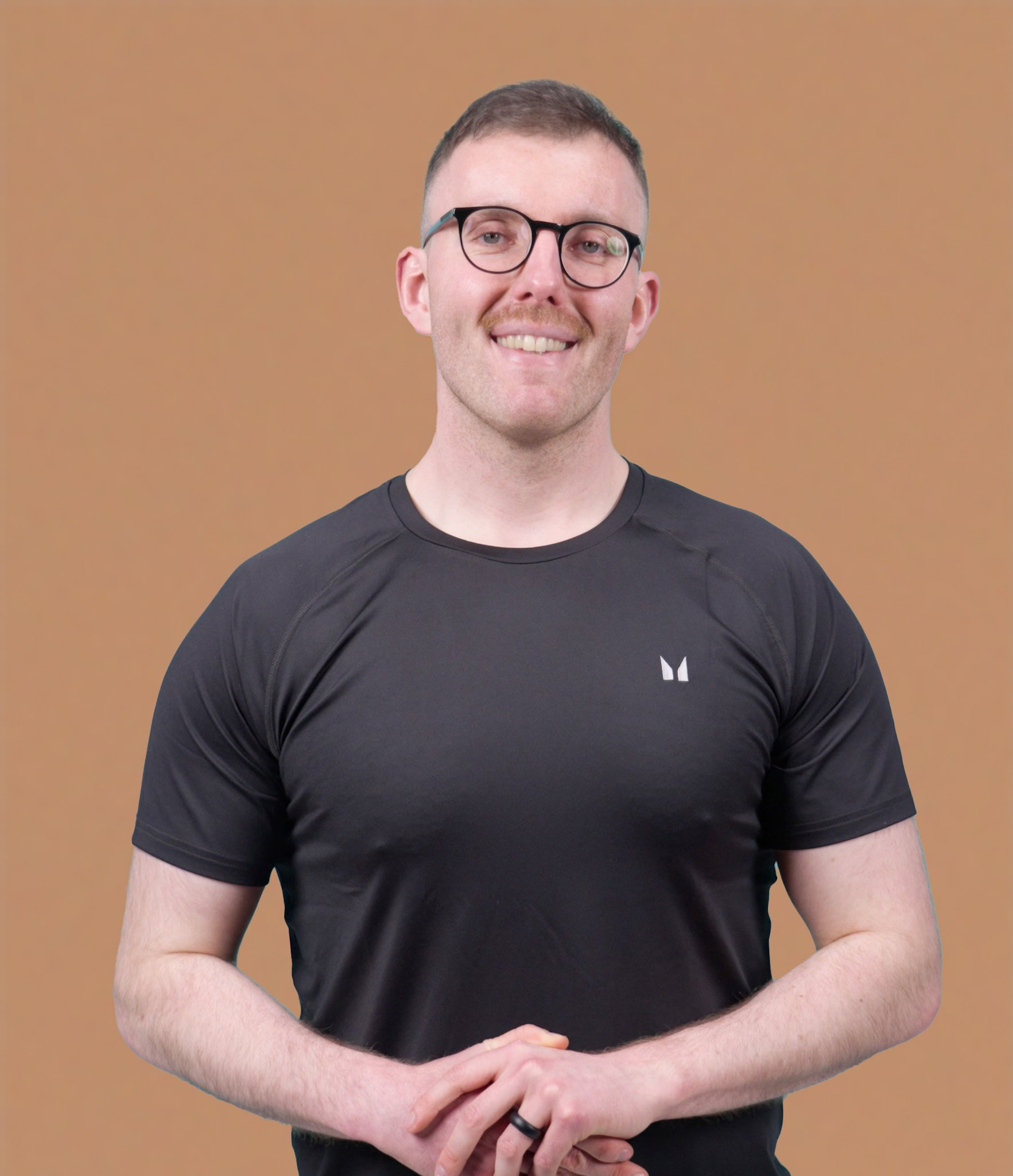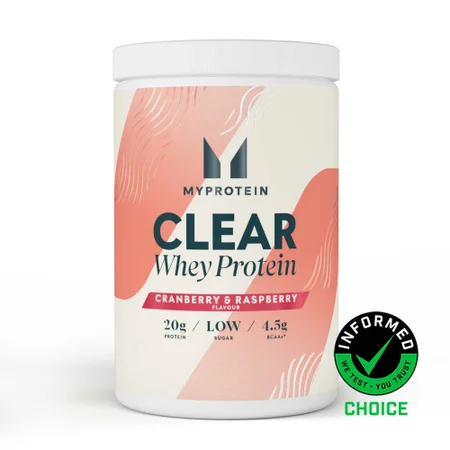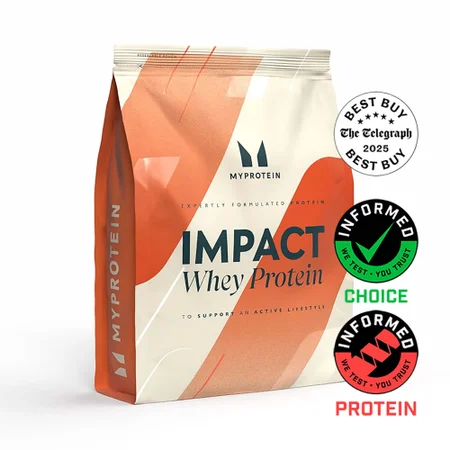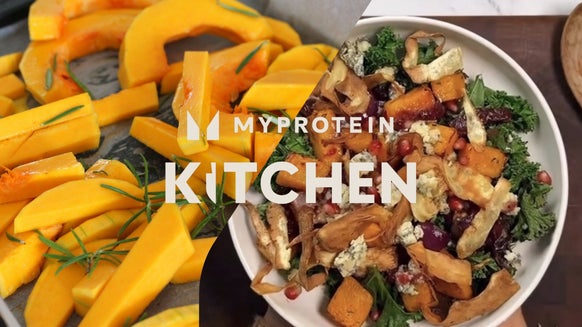
The biggest secret of the dieting industry? That there is no “big secret”. All diets essentially work the same way. They help you achieve a calorie deficit which results in weight loss.
Whatever way it’s dressed up, all “diets” aim to achieve that same goal. Some will do it more aggressively than others. Some will ask you to cut out certain foods or add in certain foods. Some will use a product to create a calorie deficit. Some will even ask you to restrict when you can eat. The end product? A calorie deficit.
“Ok, well if that’s the case why didn’t I achieve my goals?” because your body changes while the diet remains the same. What’s required for change (specifically weight loss) will change as you become more successful and time progresses.
It’s this reason why many people have such a cyclical relationship with dieting. They believe they’ve failed in some way when, in reality, it’s the generic dietary approach which has failed you.
This is the first step in determining the right weight loss diet that works for you. You have to realise that the approach will change over time and that there’s no magic to it. It’s consistency and planning that will help you achieve your short- and long-term goals.
Plan of action
When you want to set out on a journey, what’s the first thing you do? You plan it. You know what the destination is, and you figure out the best way to get there before you aimlessly start moving.
This same principle can be applied to dieting. Understand what your goals are for this weight loss phase and understand as well that it is a “phase”. You can’t lose weight forever — you’ll disappear.
So, know at which point you want to stop (or even plan a diet break or two if it’s
Specific Measurable Achievable Relevant Time-bound
Having goals in place will not only assist with accountability but can also help motivate when dieting becomes more difficult (either because of the diet itself or things happening in your life).
Choosing the right diet
The weight loss industry is both good and bad. There’s a virtually endless amount of dietary approaches to choose from, however many of these have misleading claims and overblown results (especially those that tend to use specific weight loss products like herbal teas, etc.).
Some can even be dangerous and there are countless stories of women losing their periods, the development of eating disorders, people becoming more prone to injury.
When you’re choosing an approach there are certain things you have to consider:
How patient would I be with an approach? Would I want a more aggressive approach that would only be short term and possibly impact my performance or a less aggressive, more prolonged approach that would protect my performance? What are my non-negotiables (date night, family dinners, times which you can eat based on work schedule etc.)? Would I want a diet that restricts what I can eat or when I can eat or both? If I’m choosing to use a supplement, is it one which will be safe for me? Realistically, could I adhere to this dietary approach based on the amount of time I think it’ll take me to achieve my goals?
Building a diet tailored to you
While there’s an almost endless variety of diets to choose from, none of them will work for you as well as the one you’ve tailored for yourself.
Designing your own will allow you to create an approach that is built around your lifestyle, rather than forcing your lifestyle around an approach, a very unsustainable practice.
There are plenty of things to consider when designing your own diet (such as those mentioned previously). For most, the following pillars of successful short- and long-term weight management (as backed by a growing body of research) will set you up for success.
Knowledge is power — tracking and calorie intake
Any diet that instigates weight loss will create a calorie deficit. That is, we’re taking in less energy (from food) than we’re expending. This causes us to break down our own nutrient stores to use for fuel, leading to a loss in body mass (preferably from fat, but this depends on training, lifestyle and what your diet consists of).
Creating a calorie deficit is initially a fairly simple task — you just eat less than what you did previously. It’s like throwing a dart at a barn door; a nice big target to aim for on day one. However, as diets progress, the target becomes smaller and requires us to be more accurate and precise with our approach.
When you first start a weight loss phase, even something as simple as managing your portions can result in a great deal of success. A simplistic method of portion management is to use your hands as a reference for portion size. Try using the following rules to determine portion sizes.
Your palm determines your protein portions. Your fist determines your veggie portions. Your cupped hand determines your carb portions. Your thumb determines your fat portions
Tracking your calorie intake, either with an app or with a food log of some description, can be a really useful tool to further increase your accuracy.
Not only can it help you achieve a calorie deficit, but also allows you to identify what you may or may not be lacking in your diet. It will also help you see if the approach you’re taking is too aggressive or not aggressive enough depending on your goals.
It’s important to note though that you avoid approaching tracking as a “perfectionist”. Give yourself calorie and nutrient ranges to aim for and be open to flexibility if you have social events. One day or night off will do little to affect you from a physiological perspective, but it can have a significant impact on your psychology.
A focus on food types
Food choice can also play a very important role in on our fat loss campaign. From reducing hunger, to improving energy levels, reducing body fat and even increasing lean muscle, our food choices are arguably just as important as the amount of food we consume.
Protein
The primary nutrient in our diet which will provide the most benefit in virtually all groups of people is protein.
Research shows that, not only does protein help to keep you feeling fuller and better regulate blood sugars, but it can also preserve your lean muscle mass when dieting.1
The more lean muscle mass you have, the greater your metabolic rate will be. The greater your metabolism, the easier it will be for you to lose weight.
Studies also show higher protein diets to be more effective than low protein diets for weight loss, both short and long term.2
Fibre
Fibre is another highly effective weight loss tool. It essentially helps us lose weight as we generally “feel fuller” with increased fibre in our diet.
Certain types of fibre will “draw in water” and “bulk up” like a sponge. This can mimic the effects of eating a larger volume of food and trigger a cascade of hormonal signalling telling your brain that you’re full.
Other types of fibre form a gel-like substance, again transitioning slowly through the gut. These fibres can not only pick off rogue units of dietary cholesterol in your gut, but they can also contribute to better regulation of blood sugars.
When our blood sugars are better controlled, we feel less fatigued and are less likely to snack on things that are packed full of added sugars and typically calorie dense.
Increasing your fruit and vegetable intake is a great way to ensure you’re getting plenty of fibre (as a well as a host of other beneficial nutrients, minerals and anti-inflammatory compounds).
Fruit and veg are also typically calorie efficient, offering a lot of food volume for very little calories (a great way to save on calorie intake!).
Studies show that, even promoting fruit and veg intake without necessarily recommending a reduction in total food consumption can lead to improved weight loss and subsequent maintenance.3
Take home message
Fail to prepare, prepare to fail — the age-old adage is never as applicable as it is to weight loss success. Knowing what you want to achieve before you embark on your dieting journey is important. If you don’t know where you’re going you won’t know when you get there, and you simply can’t just diet forever.
When you know what it is you want to achieve then you can begin to narrow down which approach will work best for you.
Factor in your lifestyle, timelines, your level of patience and all the other necessary considerations and then choose which approach you feel suits you best. You may have to try a few before you find the right one.
Alternatively, build your own. Focus on the keystones of evidence-based success and design a diet around your lifestyle rather than adjust your lifestyle around a diet.
Know what you want to achieve, choose or design an approach, and plan for what comes after the diet. That’s how you achieve permanent success.
READ THIS NEXT:

1. Mettler, S., Mitchell, N., & Tipton, K. D. (2010). Increased protein intake reduces lean body mass loss during weight loss in athletes. Medicine & Science in Sports & Exercise, 42(2), 326-337.
2. Astrup, A., Raben, A., & Geiker, N. (2015). The role of higher protein diets in weight control and obesity-related comorbidities. International journal of obesity, 39(5), 721-726.
3. Mytton, O. T., Nnoaham, K., Eyles, H., Scarborough, P., & Mhurchu, C. N. (2014). Systematic review and meta-analysis of the effect of increased vegetable and fruit consumption on body weight and energy intake. BMC public health, 14(1), 886.






